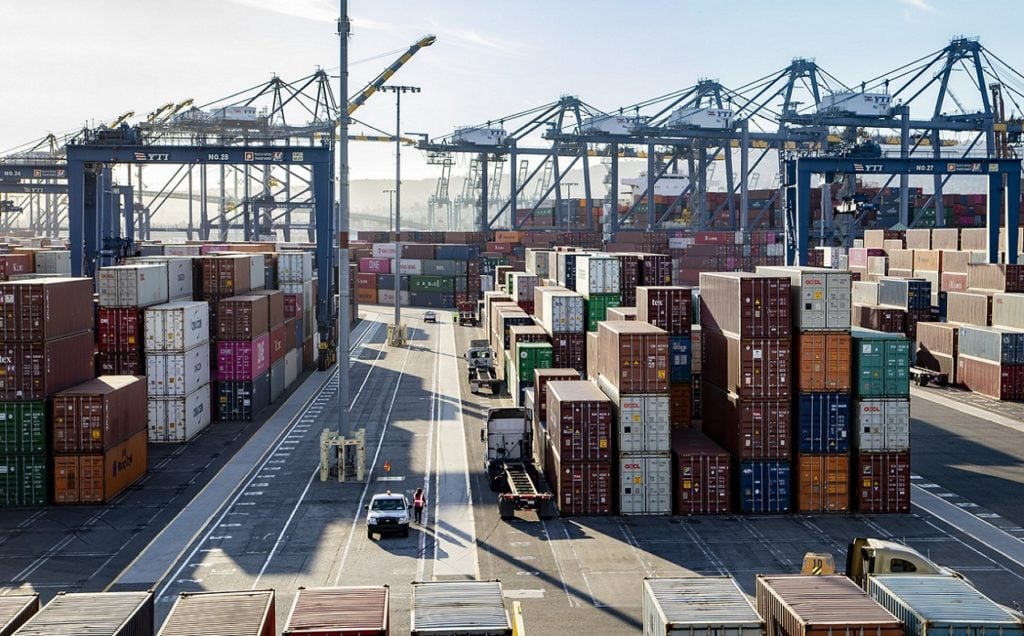
2GW worth of solar PV modules were detained at the US border throughout 2022 as a result of the Uyghur Forced Labor Prevention Act (UFLPA), representing 1,423 individual shipments.
The US Customs and Border Protection Agency (CBP) released its 2022 detainment statistics relating to the UFLPA, which were analysed by Bernreuter Research. The shipments were listed as being from the ‘electronics industry’, as the CBP doesn’t give granular data on the shipments or products that it detains. Whilst the majority of ‘electronics’ affected by the UFLA are undoubtedly solar panels, the CBP warns that some other products may be included in the statistics.
Try Premium for just $1
- Full premium access for the first month at only $1
- Converts to an annual rate after 30 days unless cancelled
- Cancel anytime during the trial period
Premium Benefits
- Expert industry analysis and interviews
- Digital access to PV Tech Power journal
- Exclusive event discounts
Or get the full Premium subscription right away
Or continue reading this article for free
US$709.9 million worth of shipments were detained last year, which Bernreuter said corresponds to 2.09GW of modules based on a price-per-watt calculation from NREL which saw imported modules fluctuate between US$0.3 and US$0.6 per watt through 2022. Beyond that, in the first two months of 2023 a further 204 shipments were detained, representing 410MW and US$134 million.
41% of the detained shipments have ultimately been released, whilst 58.2% are still pending action by either the CBP or the importer and just 0.8% of total detained shipments have been rejected. The trend for detainments is declining, Bernreuter said, from around 1300MW in Q3 2022 to around 700MW in Q4.
The UFLPA was established in response to alleged forced labour in the production of goods – including solar module components – in Xinjiang province. It requires that solar modules imported to the US from China or Chinese companies can prove with ‘clear and convincing evidence’ that forced labour played no part in their production, otherwise they are prohibited from entering the country. This has resulted in large Chinese manufacturers changing their supply chains and production locations to exclude Xinjiang.
The CBP website includes a database breakdown of the industries that have seen detainments. In Q4 2022, ‘Electronics’ (read: “solar modules”) saw US$449 million worth of detainments, whilst the entirety of detained shipments across all the affected industries was just US$464 million in the same period.
Analysis from Wood Mackenzie last September predicted that the UFLPA was set to hamper US solar deployments throughout this year. Indeed, alongside the uncertainty surrounding the anti-dumping/countervailing duty (ad/cvd) tariff investigations the UFLPA has led to shortages of module supply over the last year or two, and subsequently caused delays to the bolstering effect that the landmark Inflation Reduction Act was set to have on the PV industry.
These detainments are likely to ease over time as a domestic manufacturing buildout gathers pace and overseas importers make pains to secure their supply chains to take advantage of the significant growth that the US solar market is set to undergo.






